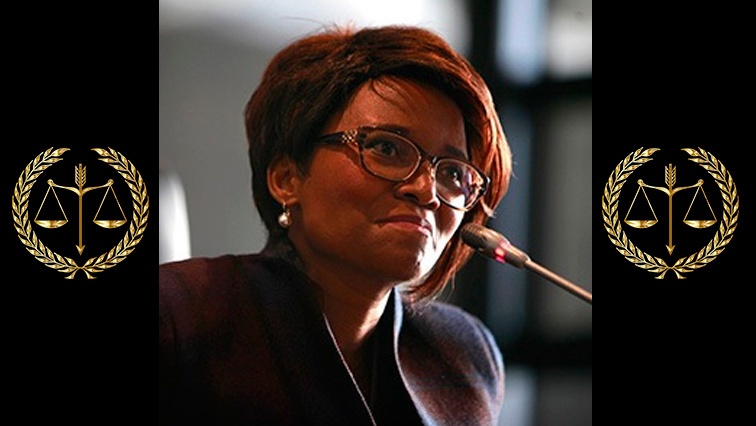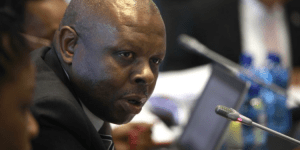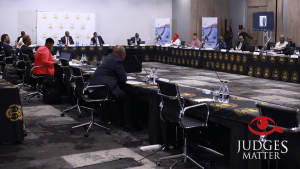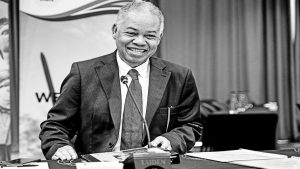South African courts should remain impartial in their execution of judiciary matters, this request came from Judge Mmathebe Phatshoane.
Phatshoane was interviewed by the Judicial Service Commission (JSC) for the position of Deputy Judge President for the Northern Cape High Court.
The JSC is interviewing judges and deputy judges for the existing positions at various High Courts, the Supreme Court of Appeal and the Constitutional Court.
Judge Phatshoane has been recommended for the Northern Cape Deputy Judge President position of the Northern Cape High Court. Commissioners questioned Phatshoane about one of her previous judgments. It involves former ANC Northern Cape leader John Block who served a jail term for fraud and corruption. Phatshoane maintains she was never biased in her judgment.
“We look at the facts as placed before us as judges, and we apply the law to those facts. In that particular case, that was the finding that was made, based on the facts that were presented before the court. The commissioner is referring to balancing the interaction. As we all know: the judiciary authority of our country- in terms of the constitution, vests with the courts. They must act impartially and independently without any fear, favour or prejudice in accordance with the Oath of Office.”
JSC recommends Mmathebe Phatshoane for Northern Cape Deputy Judge President:
Advocates Lawrence Lever and Sibongile Punch Nxumalo got the commission’s nod for the two judgeship vacancies in the Northern Cape High Court.
It was Judge Phatshoane’s third attempt for the position. She was quizzed on, among other issues, how she would handle cases involving politicians and those with political connections.
Commissioner Kenny Mmoiemang posed the question: “How far politicians should involve themselves in government procurement, in light of the John Block case.”
Judge Mmathebe Violet Phatshoane’s response: “Judges only apply the law on the facts before them, in light of the separation of powers and judicial independence.”
Another candidate contesting the Northern Cape High Court positions is Advocate Albert Nxumalo. Commissioners were interested in understanding how his foreign qualifications will continue to make a difference in the country’s judicial system.
Nxumalo studied law while in exile in Nigeria during apartheid.
Question: I’m also interested in this issue of foreign qualifications. Did you experience any problems when returning to South Africa being a foreign-trained lawyer?
Answer: Not really because both countries have British background. They’re former British colonies. And they have brought English law which colonial countries got from the British subject to the necessary modification in South Africa.
Northern Cape High Judge President Tlaletsi asked why Nxumalo feels ready to be permanently appointed as a judge of the Northern Cape.
Nxumalo says his 14 years of experience building a ‘decent’ practice in Johannesburg, plus his acting stints have prepared him for the job as a judge that the issue in the Nxumalo case was his qualifications, which he obtained certification that they were equivalent or superior to South African qualifications. He was later admitted to the Western Cape High Court, where he was based.
For the live proceedings of the JSC interviews, see video link below:
The commission will continue with the interviews on Monday.






